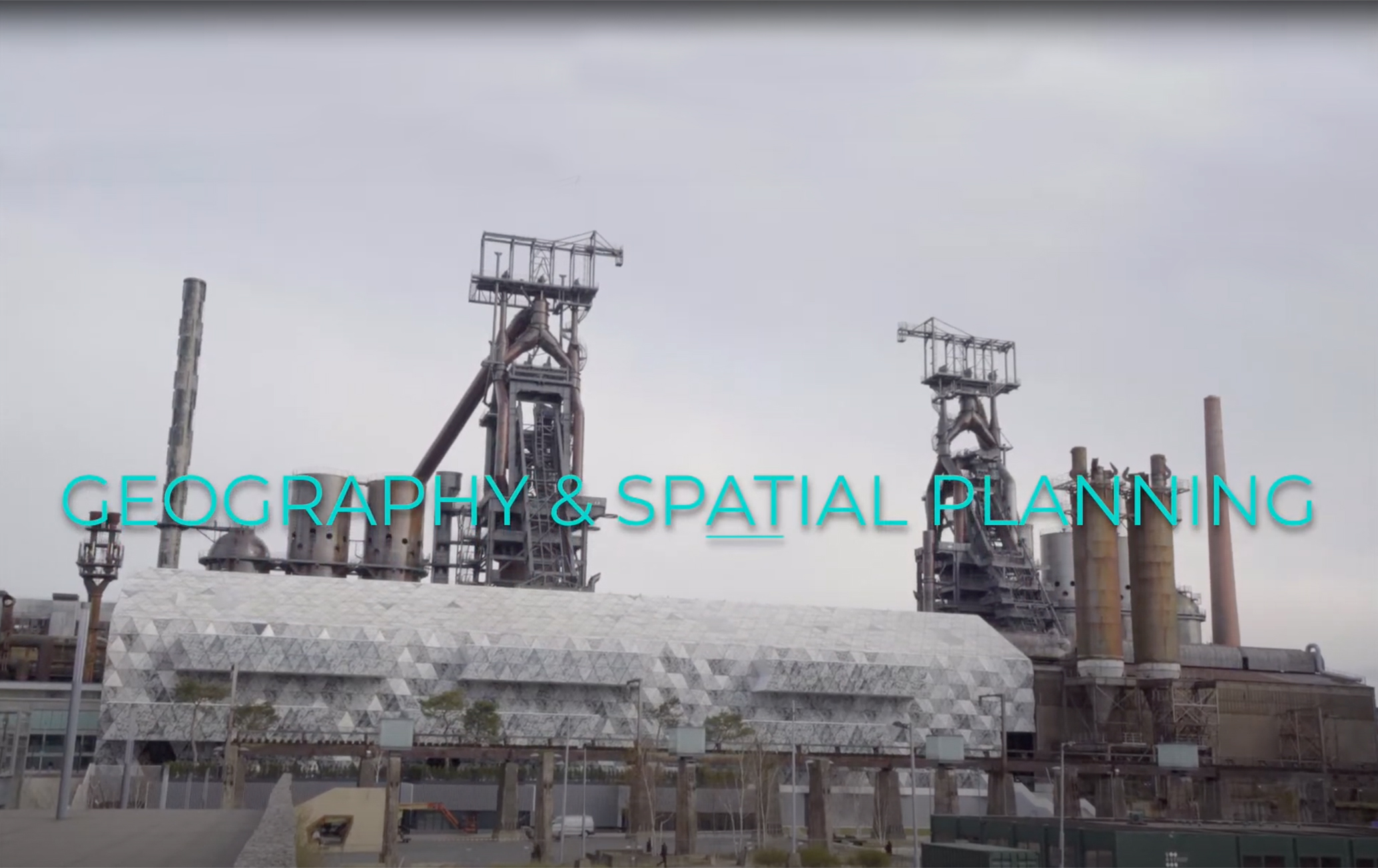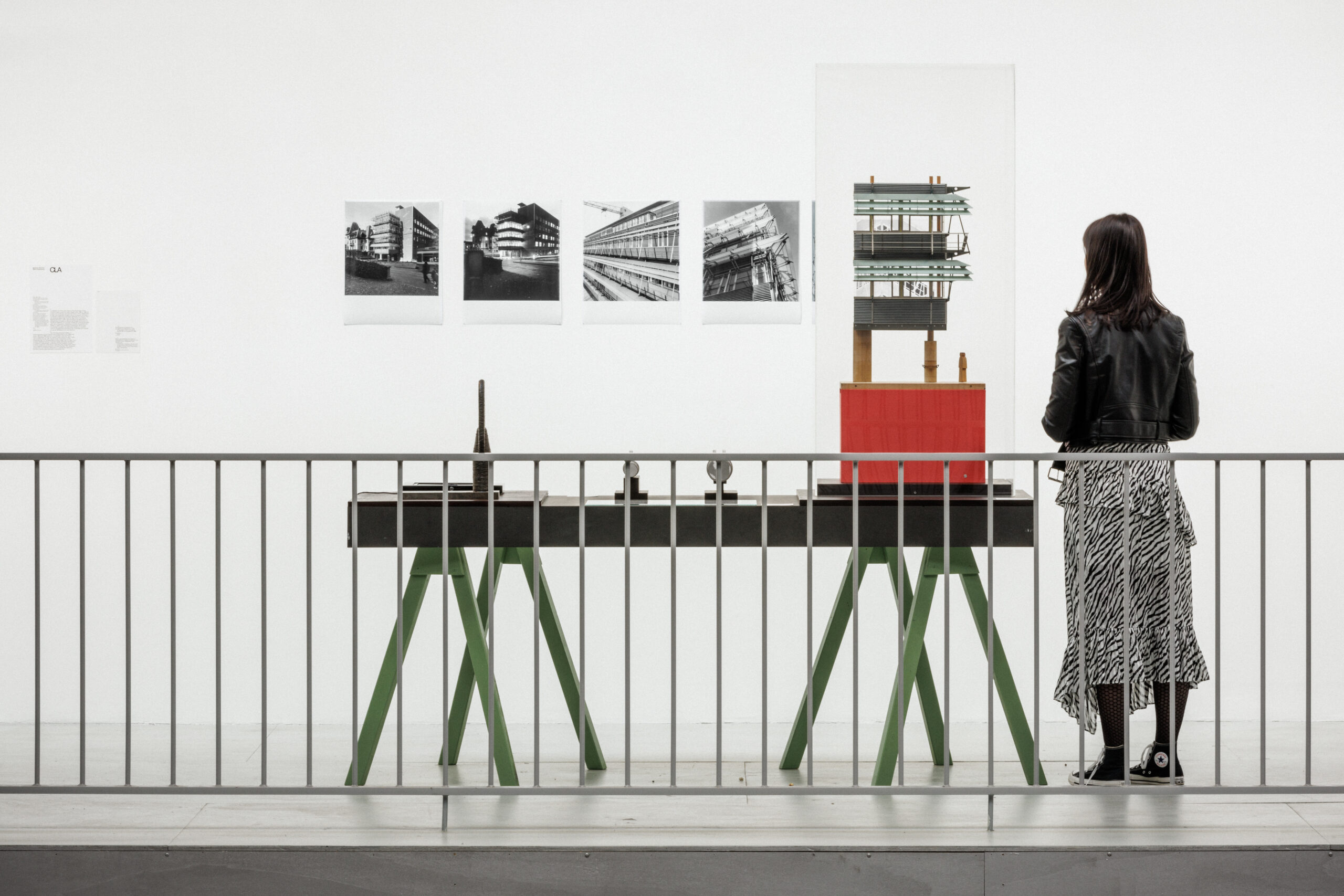Places, people, policies

Conciliating development and sustainability
We explore urban development patterns, architecture and urban regeneration, underlying governance mechanisms, migration issues, cross-border cooperation, economic restructuring processes and policy coherence for sustainable development.
Geography & Spatial Planning in numbers
-
55Staff members
-
2Labs
-
4Study Programmes

